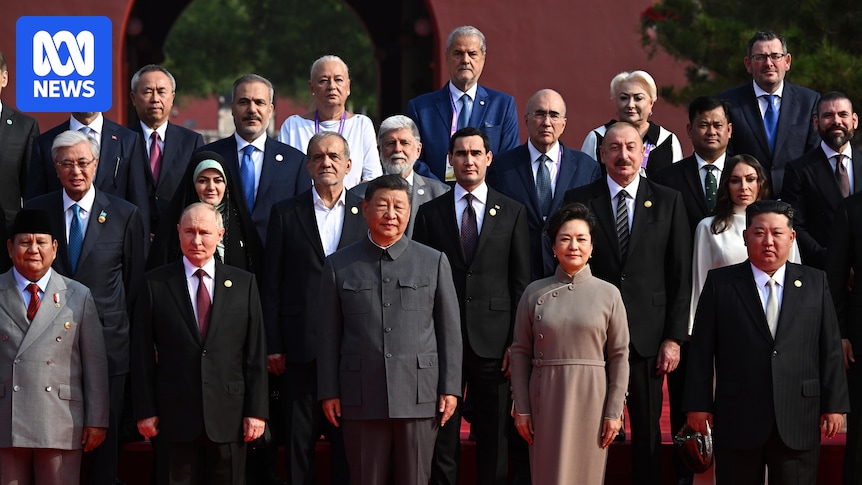
The recent appearance of former Victorian Premier Daniel Andrews alongside prominent global leaders in China has sparked widespread controversy. The images, capturing Andrews standing behind China’s Xi Jinping, Russia’s Vladimir Putin, and North Korea’s Kim Jong Un, have raised questions among both his supporters and critics. The event, a major military parade, has left many wondering why Andrews, a three-time election-winning Labor leader, chose to participate.
Since retiring from his role two years ago, Andrews has been actively involved in private business ventures, particularly as a consultant with strong ties to Chinese companies. His involvement with Andrew “Twiggy” Forrest’s Fortescue Metals, which also engages heavily with China, has fueled speculation about his financial motivations. Despite the backlash, Andrews has not publicly addressed his participation in the parade.
Andrews’ Historical Ties with China
During his tenure as Premier, Daniel Andrews prioritized relations with China, often urging ministers to visit the country in their official capacities. His frequent, unannounced trips to China were a hallmark of his leadership. Notably, Andrews signed Victoria onto China’s Belt and Road Initiative, a move that was later annulled by the federal government amid significant criticism. Despite this, Andrews maintained that the agreement was in Victoria’s best interests, aiming to boost jobs and the economy.
China remains Victoria’s largest trade partner, underscoring the importance of these international connections. Current Premier Jacinta Allan is set to visit Beijing soon, emphasizing the ongoing significance of fostering business and educational ties with China. Allan’s trip is expected to be more strategically curated, especially with an upcoming election.
Reactions and Implications
While Premier Jacinta Allan has expressed support for Andrews, describing his high regard in China as beneficial for Victoria, federal Labor counterparts have faced tough questions regarding his presence at the event. Andrews’ appearance has also posed challenges for Prime Minister Anthony Albanese, who is working to rebuild Australia’s relationship with Beijing.
Experts have weighed in on the situation. Richard McGregor, a Senior Fellow at the Lowy Institute, noted Australia’s deliberate decision to send only a middle-ranked diplomat to the parade. He highlighted the event’s anti-Japanese sentiment, which influenced many Western countries’ decisions to limit their representation. McGregor emphasized that Andrews was not acting in an official government capacity, suggesting that the Chinese government likely sought out prominent foreign figures to attend.
“[It was] a very deliberate decision by the Australian government not to send a high-level representative,” McGregor stated. “Japan’s a close ally and partner of Australia, so most Western countries really didn’t send anybody senior either.”
Legacy and Future Prospects
For Daniel Andrews, the public exposure from this event may benefit his business interests. However, it also risks tarnishing his political legacy in Australia. His carefully managed image, which helped him secure three consecutive election victories, now contrasts sharply with his recent associations.
The imagery of Andrews alongside controversial figures like Putin and Kim Jong Un has been jarring for many, especially given his past moniker “Dictator Dan” during the COVID-19 lockdowns. As Andrews transitions into his post-political career, his focus appears to be shifting away from public service, raising questions about the long-term impact on his reputation.
As Victoria continues to navigate its relationship with China, the implications of Andrews’ actions will likely influence both political and business dynamics in the region. The coming months will reveal how these developments shape the state’s international strategy and Andrews’ own professional trajectory.







